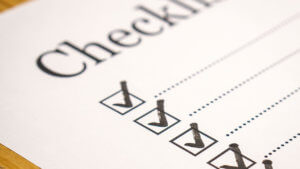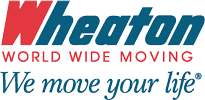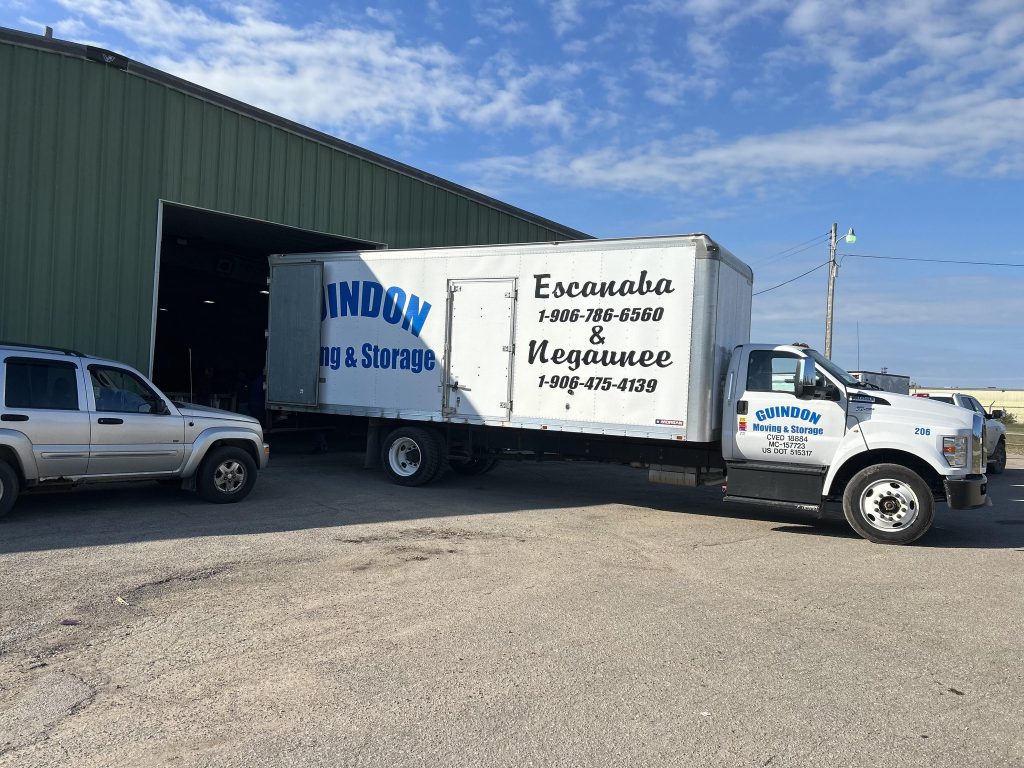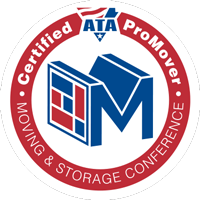MOVING TIPS FROM GUINDON MOVING & STORAGE

Just knowing where to start with your move can be confusing. The key is in planning. Here are some helpful suggestions from Guindon Moving & Storage to help you time out the tasks associated with your move. While you may need to adjust this timeline according to your schedule, you will want to accomplish all of the tasks before you move.
Print this List
9–12 Weeks Before You Move:
- Contact a real estate agent to begin the selling process.
- Establish your preferred moving dates.
- Do some research about your new community
- Look at schools and neighborhoods
- Look at options for family activities or groups that are particular interest to you
- If your employers is paying for all or part of your move, verify what your company covers
- Have a garage sale or donate goods you do not want to move. This will help you save costs on the move.
4 to 8 Weeks Before You Move:
- Contact Guindon Moving & Storage to schedule a convenient time for a free estimate.
- Arrange to purchase your new home; arrange financing; establish close dates.
- Make a list of everyone you need to notify of your move.
- Obtain change of address cards from your local post office.
- Check with your school on transferring your children’s school records.
- Research driver’s license requirements for the state you are moving to.
- Find out from the IRS or your accountant if moving expenses are tax deductible.
- Contact your insurance agent to discuss your insurance needs for your new home.
- Select a new bank in your new city.
- Begin to organize your medical and dental records.
Three Weeks Before You Move:
- Start packing, if you are not going to utilize Guindon Moving & Storage’s professional packing service.
- Compile all personal records.
- Change your address on credit cards, magazine subscriptions.
- Arrange for babysitters for the kids on loading day
- Arrange to have your utilities disconnected after your move-out day.
Two Weeks Before You Move:
- Start cleaning out your refrigerator and freezer.
- Clean your home – remember the basement and attic.
- Cancel newspaper delivery, trash and recycling pickup and other regular services.
- Dispose of all non-transportable items that you do not plan to donate to others.
- Transfer all current prescriptions to your new local pharmacy.
- Transfer bank accounts – remember your safety deposit box.
- Drain the oil and gasoline from power equipment
- Confirm your travel arrangements for your family.
- Set aside only household items that you will use, such as bedding, towels, minimal cooking items and dishes.
Moving Day:
- Review all paperwork with your driver.
- Be available to check off inventory of all items moving.
- Once moving van is loaded, do a final walk through to make sure all items are packing – including out of the closets, cabinets, drawers, basement, attic and outbuildings
- Make sure your children and pets are with friends or neighbors, so the loading process can go as smoothly as possible.
Moving with Children:
Moving can be stressful and children can be particularly impacted. Some things that you can do to help them through the move process include:
- Get children involved with the moving process – This will help relieve some of the stress about leaving their home and the people and places they know
- Let them pack their special and favorite items. Make sure you keep a few favorite items out to be packed last or taken on the trip with to your new destination.
- Let children share their feelings about moving
- Arrange to have children stay with family members or friends on loading day. Loading day is a busy day and you need to concentrate on the move. In addition, children can become very upset when they see their items and your family’s possessions loaded on a truck.




















